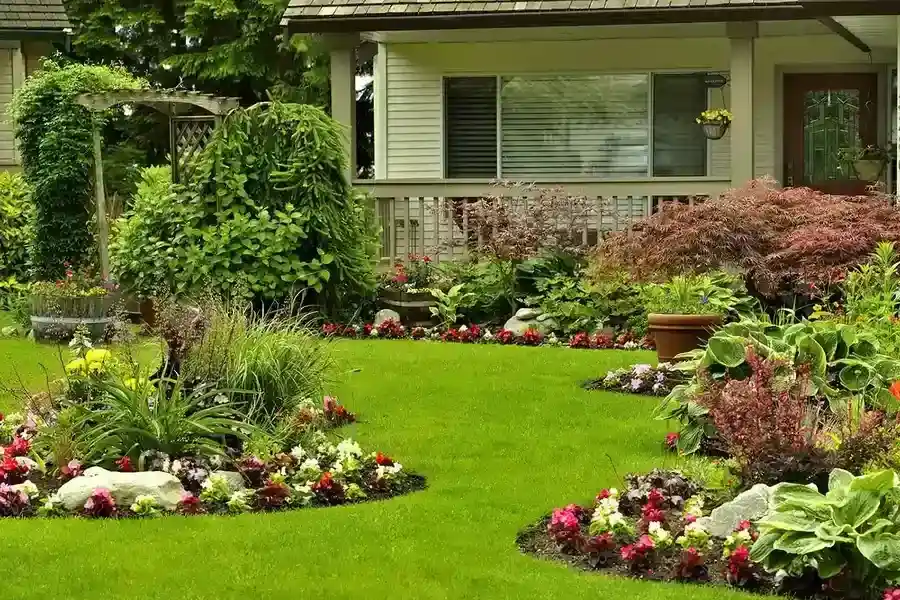Understanding the Importance of Healthy Soil for Your Landscape
Soil quality plays a crucial role in the success of any landscaping project. Without healthy soil, plants struggle to grow, which affects the overall appearance and health of your yard. Good soil provides essential nutrients, retains water efficiently, and supports root development. When planning your landscape, it is vital to consider the type and condition of your soil. By doing so, you can ensure that your plants thrive and your outdoor space looks its best.

How Soil Affects Plant Health
The health of your plants depends significantly on the quality of soil they are growing in. Rich, fertile soil supplies nutrients like nitrogen, phosphorus, and potassium-essential elements that plants need to grow strong and healthy. Poor soil can lead to weak plants that are more susceptible to diseases and pests. Ensuring good soil health is an integral part of successful yard landscaping.
The Benefits of Using Quality Soil
Using high-quality soil in your yard has numerous benefits. It helps in better water retention, reducing the need for frequent watering. Quality soil also promotes healthy root growth, allowing plants to access nutrients effectively. Moreover, robust soil structure prevents erosion, maintaining the stability of your landscape over time.

Common Soil Problems and Their Impact
Poor soil conditions can lead to several problems in your landscape. Compacted or sandy soils often lack proper nutrient content and drainage capabilities. This can cause issues like poor plant growth and increased weed presence. Understanding these potential challenges helps in preparing effective solutions for yard landscaping projects.
Steps to Improve Soil Quality
Improving soil quality involves several key steps:
- Test your soil to understand its composition and pH level.
- Add organic matter such as compost or well-rotted manure to enhance fertility.
- Aerate compacted soils to improve air and water circulation.
- Use mulch to retain moisture and suppress weeds.
- Rotate crops or plant cover crops to naturally replenish nutrients.
Expert Tips for Maintaining Healthy Soil
Maintaining healthy soil requires ongoing attention. Experts recommend regular soil testing to monitor nutrient levels and make necessary adjustments. Incorporating organic matter annually can keep the soil rich and productive. Avoid excessive use of chemical fertilizers, which can harm beneficial microorganisms in the soil.
Cost Implications of Soil Management
While improving soil quality might require an initial investment, it offers long-term savings by reducing water usage and increasing plant longevity. Investing in good soil management practices ensures a thriving landscape, adding value to your property over time.
Your Path to Thriving Landscapes Begins Here
Creating a beautiful yard starts with understanding the role of soil quality in landscaping success. Whether you’re laying down new sod or planting a garden, always prioritize healthy soil. For expert advice and comprehensive solutions, contact A&R Lawn Care and Tree Service at (918) 212-3869. Our team, based in Bryn Mawr, Tulsa, OK 74105, is ready to help transform your outdoor space into a vibrant oasis.